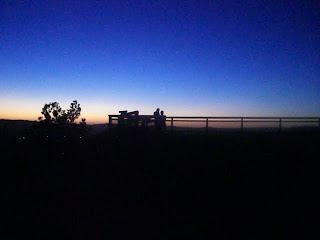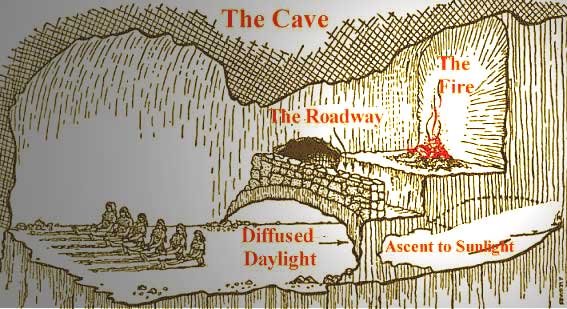
I read this post today, and it's intention is relation to traveling, solo. However, I figured that the embedded message was something a little deeper than that, something that can be applied to an anarcho-spiritual way of life.
So here you go -
“Be the excitement” is a little mantra I dredge up whenever I’m on my own. I consider it the active, positive way of approaching the old saying “if you’re bored, you’re boring.” I also consider this mantra to be the most important thing in my “pack” when I travel. The best part? It doesn’t weigh a thing. In fact, there’s a noticeable lightness of mental being when I accept responsibility for creating this atmosphere. There’s comfort in a little control.
This mantra is essentially a mindset of positivity and action. I can’t guarantee any given night will be a lasting memory for all time, but I can make sure that I’m contributing to the atmosphere that makes these memories more likely.
I’ve been writing about mindsets quite a bit lately, and I’m chalking it up to a pre-trip exercise routine for my brain. So much of life is perception defined by state of mind, and any issues are magnified during travels when failsafe routines and environments aren’t there to fall back on. For social butterflies this topic may seem so obvious as to be unworthy of digital ink. For others, people like me perhaps, it’s a critical reminder. When not naturally inclined to “be the excitement,” it takes concerted effort to resist a natural state of passivity.
And we all know people trapped in that state.
Think about your circle of friends. When you get together, who brings the excitement? Who takes it? For the sake of illustration, assign those who bring the excitement a one (1) and those who take the excitement a negative one (-1). Add up the numbers. What you’re looking for here is a positive number: it means more people are contributing to the atmosphere than taking from it. Which one are you? Anything strike you?
The point of that exercise is not to objective your friends, but to show briefly the quantifiable impact of energy. Generally people enjoy being with ones (1) more than negative ones (-1). If you’re in the negative end, fear not. “Being the excitement” is totally within your control, and here are a few tips to help get your energy right.
* Reach out. Call. Use your voice. Drop by someone’s place if you can. Texts and e-mail require so little effort that when you actually receive a call or visit, there’s a lot of power in it. People notice this effort. If you refuse to call then write a nice e-mail. Simple communications are the infrastructure of friendships.
* Suggest. In other words, use your brain. When you’re with friends, have ideas or suggest activities. Ultimately this shows that you’re engaged in what’s going on, that you care. Nobody likes dragging around people who don’t care. If that’s you, why are you there? Don’t be an energy vampire.
* Organize. The next level up is organizing outings or activities. This gives those in your social circle the enjoyment and excitement of getting together without having to do much of the legwork. Always appreciated.
* Be spontaneous. Allow yourself to experience something unplanned. Rarely will you regret it.
“Being the excitement” is actually easier to achieve when traveling solo because, well, you’re alone. If you don’t do it, who will? Sobbing in the corner of your hostel room is not acceptable. Have you wondered why so many people believe that if you can travel with your significant other things will work out in the long term? Traveling isolates couples from the outside world (ironically) and highlights inequities in being engaged and bringing the excitement. It’s also generally not appreciated by the person doing the heavy lifting.
It’s true that being in a foreign land is likely to be fun and exciting, but it’s not automatic. At home or away on your travels, if you can remember to “be the excitement” your experiences and memories will be the richer for it. Excitement is man made. But man, you gotta remember to make it.
Taken from here.















